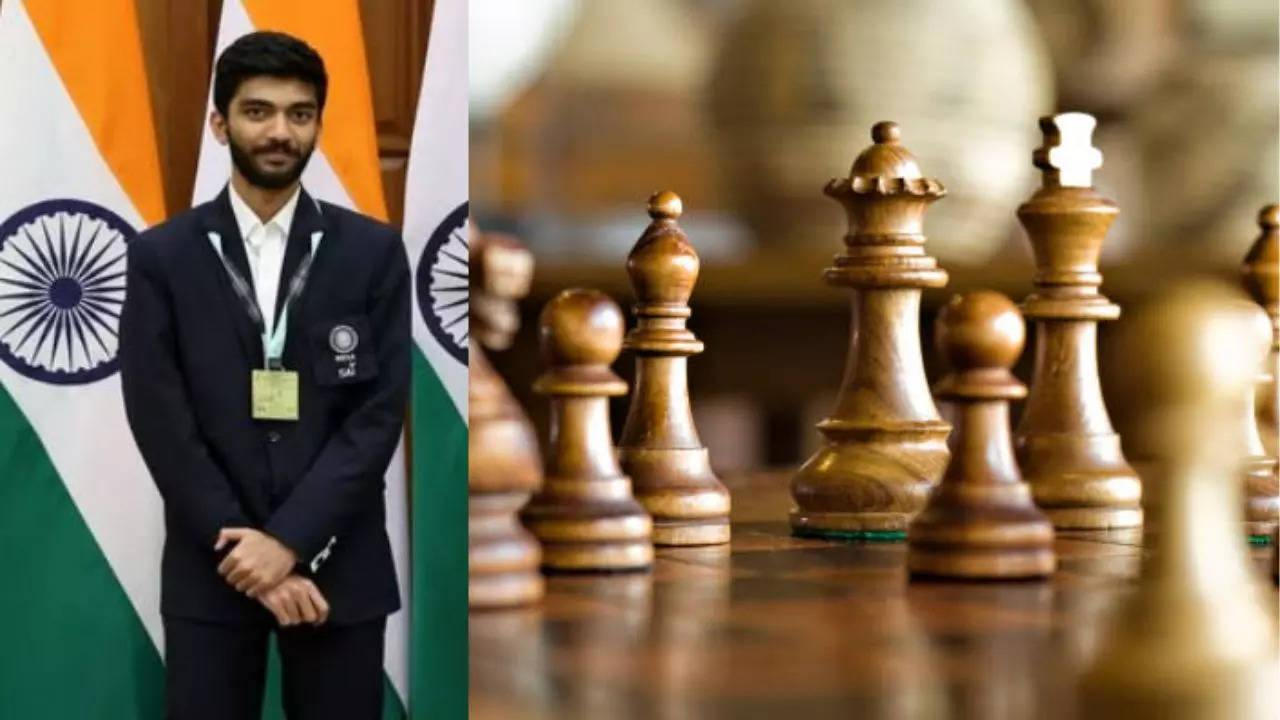Contents
-
news
-
Health
Gukesh D is the youngest world chess champion; How games boost your mental health, delay dementia symptoms?
India’s 18-year-old Gukesh Domraju has created history by becoming the youngest world chess champion. Chess is widely known for its cognitive benefits, including the ability to improve your intelligence, empathy, memory, and creative abilities – all of which exercises your brain and reduces the symptoms of dementia and ADHD.

Playing chess improves cognitive skills like memory, planning and problem-solving
India’s Gukesh Domraju created history by becoming the youngest world champion in the history of chess. The 18-year-old, who won the title by defeating defending champion Ding Liren in the final game, is an avid yoga practitioner and meditates regularly so as not to get tired while constantly maintaining the rhythm.
“I’ve been dreaming about this since I was 6 or 7 years old and living this moment. Every chess player wants to live this moment, and be one of them…. I’m living my dream. I would like to thank God for the entire journey from the candidates to here, which was possible only by God,” he said after the victory.
The youngster had earlier admitted that he was not adept at handling pressure during his early days in the game, but eventually maturity helped him maintain his mental health and handle the psychological part of the game well.
chess for mental health
According to doctors, playing chess improves cognitive skills like memory, planning and problem solving. It also reduces the symptoms of some brain conditions.
Not only does it involve an intense intellectual challenge, which is good for your brain health, but it also helps you grow intellectually. According to behavioral scientists, play is essential for demonstrating empathy and building healthy social relationships.
improves memory
Chess players have very strong memory skills because the game involves remembering many combinations of moves and their possible outcomes.
It also enhances auditory memory – the ability to remember what you learn through listening.
enhances your creativity
Playing chess and practicing the game regularly can help you interpret patterns and meaning in abstract forms. Experts say that chess increases the ability of students to develop divergent and creative thinking.
Help in better planning skills
As a game of chess takes place over long periods of silent contemplation, players have time to anticipate every event, to anticipate their opponents’ moves and reactions. This helps them plan better, which sharpens their mind.
Prevents dementia
According to scientists, practicing chess regularly can help protect the elderly from conditions like dementia and Alzheimer’s disease.
This game challenges memory, calculation, visual-spatial skills and critical thinking abilities and helps reduce cognitive decline as you age.
Improves ADHD symptoms
Regular chess practice helps improve the symptoms of Attention Deficit Hyperactivity Disorder or ADHD. According to one study, both inattentiveness and hyperactivity were reduced by more than 40 percent after treatment in young students.
Get the latest news live on Times Now with breaking news and top headlines from health and around the world.


